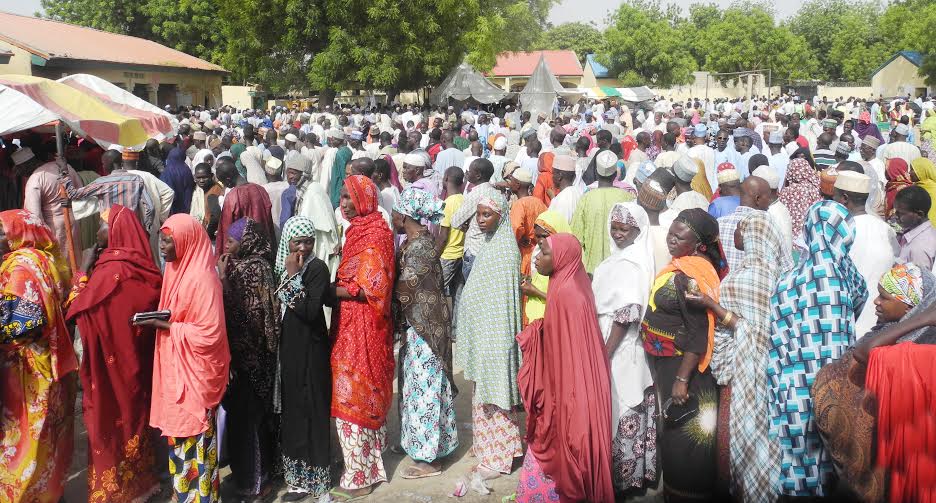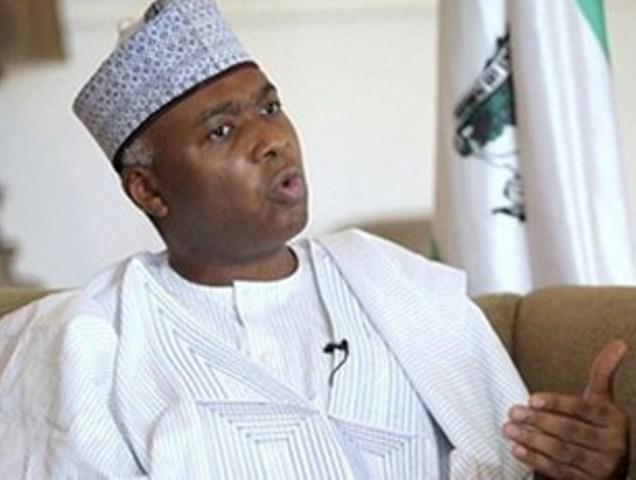The United Nations High Commission for Refugees (UNHCR) on Thursday said the population of Internally Displaced People(IDP) in the North East had risen to 2.2million.
Angele Dikongue- Atangana, UNHCR representative to Nigeria, gave the statistics in Abuja during the UNHCR 2015 stakeholders’ briefing of the commission’s representation in Nigeria.
Dikongue- Atangana said that the increase was not as a result of new displacement.
She also said that the agency would not relent in its humanitarian support to Nigeria, urging partners and donor agencies to assist refugees and displaced persons.
Advertisement
“The number of IDPs is not really increasing as a result of new displacement,” she said.
“There could be some relatively small new displacement in the course of combating insurgency and knowing that the insurgents themselves still remain active, especially in this hit and run tactic.
“The number is increasing specifically because regaining control of the territory by the military opened further access for the humanitarian officials so they can count many more IDPs, be they old IDPs or very recent ones.”
Advertisement
Dikongue- Atangana disclosed that UNHCR had recorded success in its 2015 operational activities in Nigeria including addressing refugee and IDP plights, advocacy on statelessness, and collaboration with ECOWAS.
According to her, the commission in its action plan supervised the voluntary repatriation of 452 Cameroonian refugees back to their country.
She said plans were already in progress to repatriate 165 others back to their country before the end of the year, while resettling others to a third country in Europe, and the US.
Dikongue- Atangana added that UNHCR was working closely with relevant bodies to ensure that IDPs had their basic rights especially the right to existence, food, shelter, education, security, amongst other amenities.
Advertisement
The UNHCR representative said that in line with the global campaign in eradicating the scourge, it had engaged the national assembly in domesticating the frameworks that would prevent and reduce statelessness in Nigeria.
Also speaking, Liz Ahua, UNHCR regional representative to West Africa urged donors and partners to take a trip to the field to be aware of the level of destruction for a better understanding of the situation.
According to her, the rate of displacement in Nigeria was alarming and actions needed to be taken fast as the displaced population could amount to the population of other smaller African countries.
Advertisement
Add a comment






